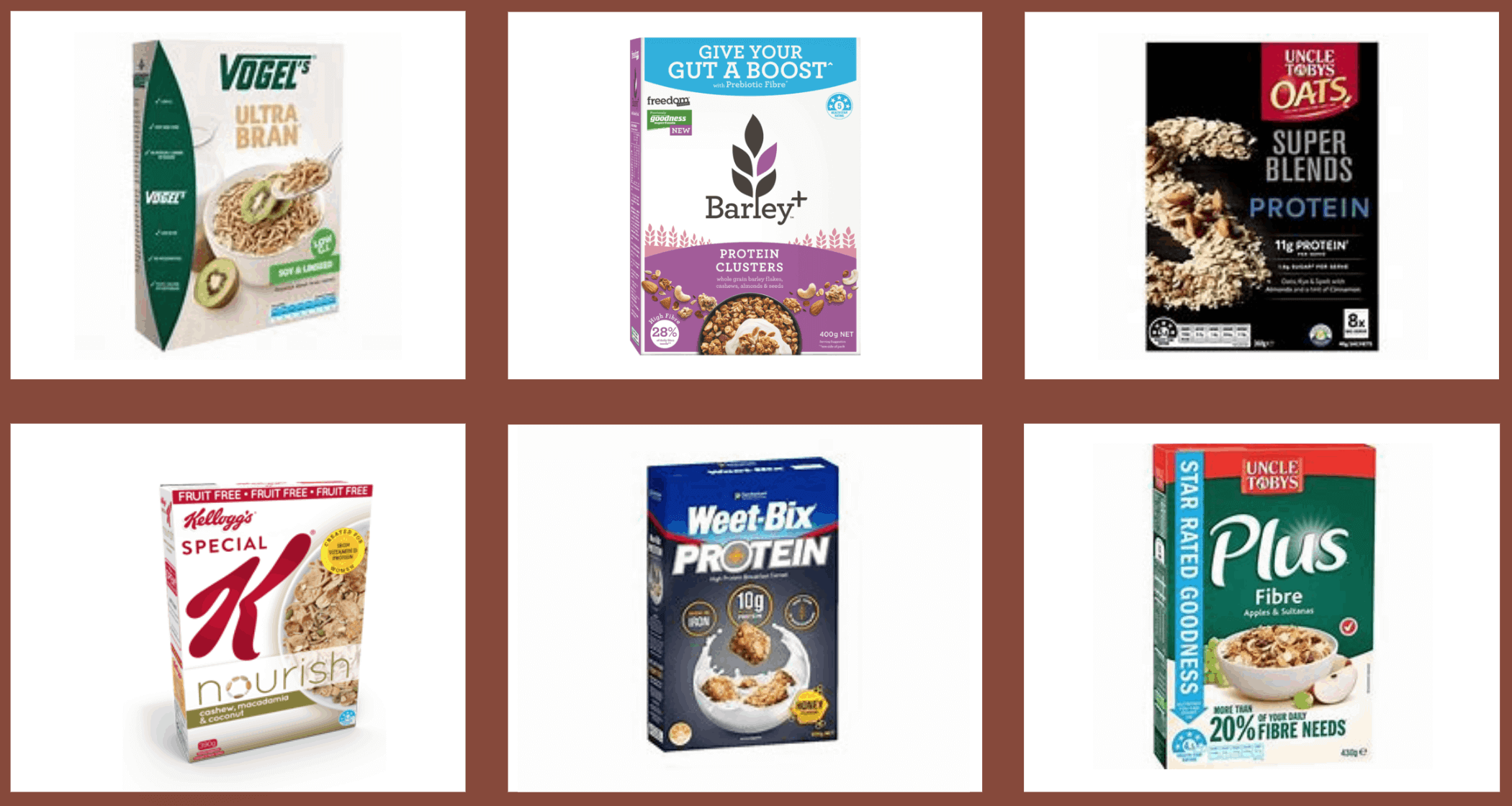Our dietitian Tania was the speaker at our Support Group this month, where the primary focus was understanding food labels and new high protein products that are now available on the market, and how to incorporate these into your diet.
Understanding food labels
Food labels can be very tricky and confusing to understand. Today we will explain how to understand food labels to make shopping for healthier food a whole lot easier, which will in turn, further assist with weight loss and management following bariatric surgery.
Let’s start with what seems like the obvious: serving size. When you’re looking at a food label make sure that you understand how many servings are included, and be conscious that suggested serving sizes are not always appropriate for post-bariatric surgery patients. The 100g column is useful to compare different brands of food but is often not the serving size, so also bear this in mind. Our guides below for you refer to the 100g measurement to make this easier.
Here are some basic guidelines to follow when you’re checking out the nutritional content:
Total Fat – choose foods with less than 10g fat/100g.
Saturated Fat – less than 2g/100g is best.
Total carbohydrates (includes Starch, Sugar & Fibre)
- Sugars – less than 10-15g/100g
Sodium – less than 400mg/100g is good; less than 120mg/100g is best.
How much protein do I need
You probably noticed we didn’t mention protein in our guide above. Protein is a crucial part of a post-bariatric surgery diet. Why?
- Protein keeps you full for longer as it’s digested more slowly.
- Adequate protein during weight loss is important to reduce muscle wastage.
- A higher protein (30% of energy from protein), more nutrient-dense diet long term helps to control weight and reduce cravings that are often experienced when the diet is high in processed carbohydrates.
Depending on what stage you are at with your weight loss journey will dictate the protein requirements in your diet, please see the chart below provided by our dietitian:
| 0-6months | 500-700 Calories
Diet based mostly around protein sources |
Min 45-60g protein/day
Aim 70-80g protein/day |
| 6-9 months | 700-1000 Calories
Diet is still more protein-based |
Min 45-60g protein/day
Aim 70-80g protein/day |
| 9-12 months | 1000-1200 calories
Slightly more carbohydrates are introduced; the focus is on wholegrain sources |
Min 45-60g protein/day
Aim 70-80g protein/day |
| 12 months + | ~1300 Calories
Higher protein and moderate to low carbohydrate intake, focusing on low GI Wholegrain sources |
Min 45-60g protein/day
Aim 70-80g protein/day |
Getting enough protein long term
Finally, the last part of the Support Group meeting discussed different ways of increasing protein intake particularly during the earlier part of the day. There are now many new high protein products available in the supermarkets that can help set you up for the day with a protein-packed breakfast boost. Check them out below:



Our Support Group Meetings are run quarterly from our practice in Kogarah, Sydney. Our bariatric surgery patients find attending these Support Groups greatly aids their long-term weight loss results as well as ensuring they keep on the right track. If you would like to join us for our next Support Group Meeting on the 6th of November give us a call on (02) 9553 1120.


0 Comments